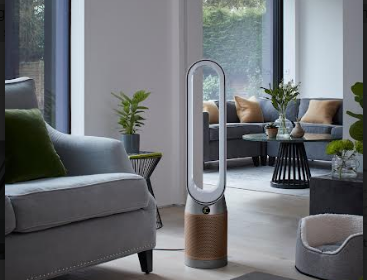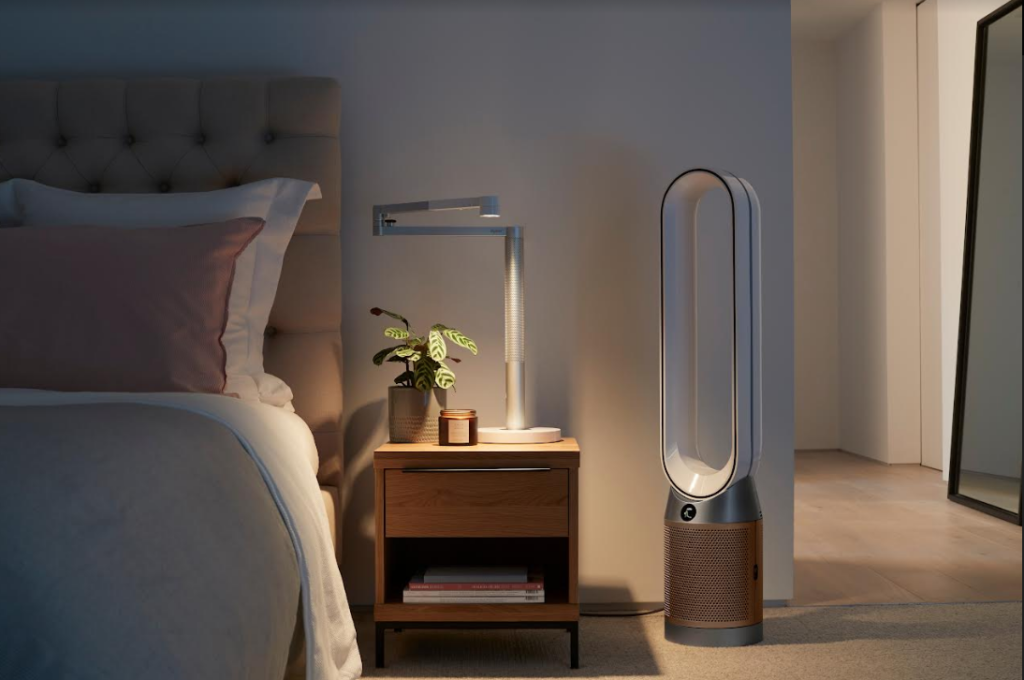Navigating Monsoon Allergies:Improving Indoor Air Quality with Air Purifiers

Telugu super news, India, 14th July 2023: The much-awaited monsoon season has finally arrived, marking a respite from the overbearing summer heat. Despite the common belief that rain cleanses the air, the truth is that the monsoon season can have adverse effects on indoor air quality and trigger allergies. So, while we celebrate the rains, it’s important to take precautions and ensure good air quality inside for a clean and healthy home.
The monsoon season comes with increased humidity, dampness and other related conditions that can result in heightened allergic reactions in susceptible individuals, leading to symptoms such as sneezing, coughing, congestion, and itchy eyes.

Increase in allergens during monsoon?
Respiratory allergies: With increased indoor time, especially during the monsoon season, there is a greater likelihood of exposure to various triggers that can lead to respiratory allergies2. The combination of damp surfaces and higher levels of indoor pollutants due to cooking, pet dander, tobacco smoke, mold and other outdoor allergens that become trapped indoors can significantly contribute to developing and exacerbating these allergies.
Pollen allergies: Monsoon season heralds a significant rise in pollen levels, triggering symptoms for individuals sensitive to pollen. Between the months of June and September, many individuals with pollen allergies experience a surge in their symptoms leading to physical problems including sneezing, itchiness, nasal congestion, red and swollen eyes, wheezing and a runny nose. These symptoms are based on the level of pollen count for that day.
House dust mites and mold allergies: House dust mites, the most common allergen, tend to thrive in the increased humidity of this season, particularly where humidity levels are around 70 per cent and temperatures rise above 25 degrees Celsius. Additionally, the elevated relative humidity indoors creates favourable conditions for mold growth.
Managing monsoon allergies involves taking proactive steps to reduce exposure to allergens and alleviate symptoms. Here are some expert tips from Muzaffar Izamuddin, Design Manager, RDD Environmental Care, Dyson to help you manage monsoon allergies:
Keep indoor spaces clean: Regularly clean your home to minimise dust, mold, and other allergens. Vacuum carpets, sweep floors, and dust surfaces frequently. Use a damp cloth when dusting to prevent allergens from becoming airborne.
Control humidity levels: Use dehumidifiers or air conditioners to maintain indoor humidity levels between 30-50%. Lower humidity helps discourage mold growth and reduces the presence of dust mites.
Use air purifiers: Consider using air purifiers with HEPA filters to capture allergens like pollen, dust mites, and mold spores. Place them in commonly used areas or bedrooms to improve indoor air quality.
Why air purifiers? Air purifiers can be helpful in reducing the allergens present in indoor air, including mold spores and other airborne particles. They work by filtering the air and trapping these allergens, improving the overall air quality. High-efficiency particulate air (HEPA) filters are often recommended for capturing small particles, such as mold spores. Dyson air purifiers typically feature a multi-stage filtration system, which includes a HEPA filter that captures small particles such as allergens, dust, and mold spores.

Prevent mold growth: Address any areas prone to moisture accumulation, such as bathrooms, basements and kitchens. Repair leaks promptly, ensure good ventilation, and use mold-resistant materials in these areas. Clean and dry any wet surfaces or items promptly.
Keep windows closed: During high pollen counts or when it’s raining heavily, keep windows and doors closed to prevent allergens from entering your home. Air purifiers with HEPA filters can help circulate and filter the air.
Wash hands and clothes: After spending time outdoors, wash your hands and change clothes to remove any pollen or allergens that may have accumulated on your skin or clothing.
Consult with a healthcare professional: If your allergies persist or cause significant discomfort, consult with an allergist or healthcare professional. They can recommend suitable medications or allergy shots to manage your symptoms effectively.



